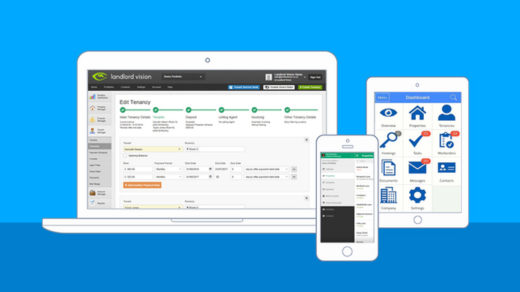How MTD Software for Landlords Will Reshape Property Investment

For years, tax compliance has been treated as little more than a box-ticking exercise. But with the full rollout of Making Tax Digital (MTD), landlords are entering a new era—one where software is not only about satisfying HMRC, but also about unlocking deeper insights into property businesses.
At its core, MTD requires landlords to transition away from paper records and manual spreadsheets, opting instead for compatible digital solutions. While the immediate objective is compliance, forward-looking investors are realising that the right technology can become a competitive advantage.
Moving from Tax Tool to Business Partner
Traditionally, tax software has been seen as an annual nuisance, dusted off around filing deadlines. In contrast, modern MTD software for landlords integrates with day-to-day property management. It’s not just storing receipts or calculating quarterly returns—it’s generating live data on rental yields, expenses, and cash flow patterns.
This means landlords can finally manage their portfolios like businesses rather than passive investments. By having real-time visibility, decisions such as refinancing, refurbishing, or expanding a portfolio can be made on solid numbers rather than intuition.
Data-Driven Landlording
The most exciting shift is the democratisation of data. Previously, only large-scale investors with access to accountants and analysts could monitor every penny with precision. With digital tools, even landlords with a single buy-to-let can harness the same level of oversight.
Automation reduces human error, categorisation features give clarity on deductible costs, and forecasting tools show the long-term tax impact of every financial move. By the time the quarterly updates roll around, landlords aren’t scrambling—they’re simply confirming what’s already tracked.
Future-Proofing Portfolios
Property is inherently a long-term game, and landlords must adapt to the digital-first future. Investors who embrace technology early will not only find compliance easier but will also discover that insights drawn from software give them an edge in a tightening rental market.
Forward-thinking accountants are already advising clients to see MTD adoption as part of a broader digital transformation strategy. It’s less about keeping HMRC happy and more about ensuring that property portfolios remain resilient, profitable, and adaptable in uncertain times.
Conclusion
While many see MTD as a looming regulatory headache, others are reframing it as an opportunity. MTD software for landlords represents more than a compliance tool—it is a gateway to smarter decision-making, stronger cash flow management, and a future where landlords operate with the same sophistication as major property companies.
The message is simple: those who adopt early won’t just survive the shift to digital reporting—they’ll thrive because of it.




